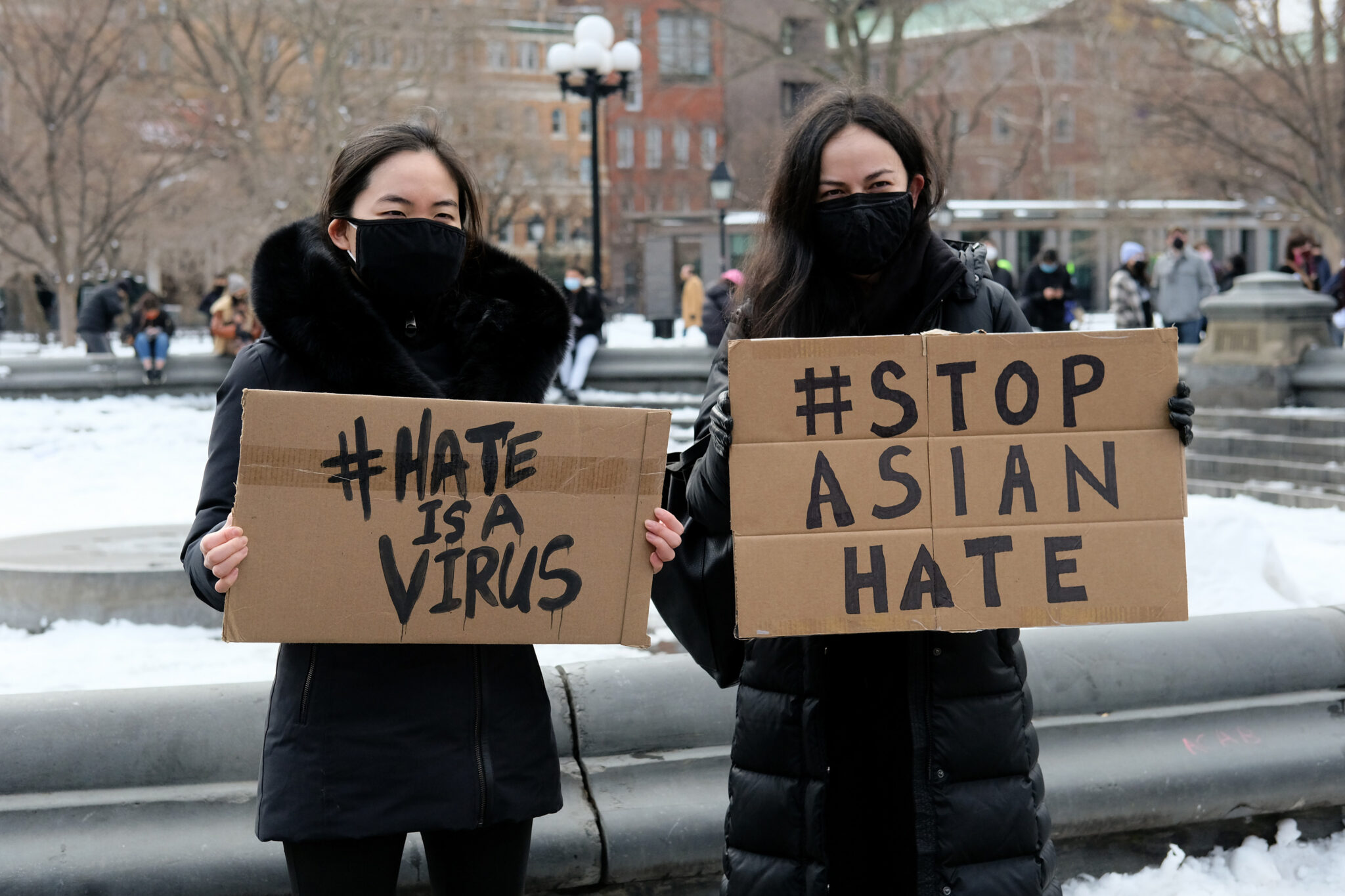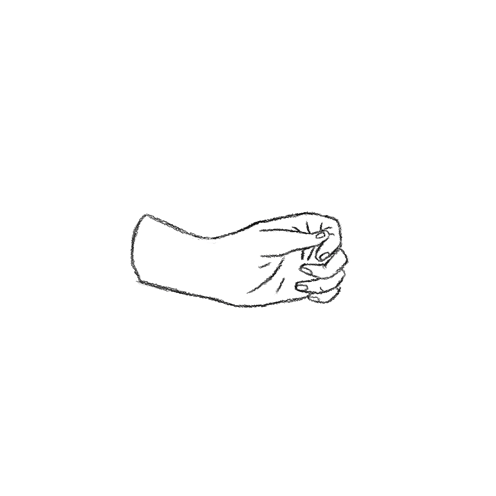#StopAsianHate: Here’s How You Can Help
Useful resources to help fight anti-Asian violence.

On Wednesday morning, the U.S. woke up to distressing news of a deadly shooting at three massage parlors in the Atlanta area. At least eight people were killed in the attacks, six of whom were of Asian descent, and seven were women. Although the authorities said they are still investigating whether the crime was racially motivated, the case was met with apprehension by the public – especially in light of the growing anti-Asian violence in the country amid the Covid-19 pandemic.
Only hours after news of the Atlanta attacks hit national airwaves, there was a not-so-subtle example of how the anti-Asian sentiment still permeates much of our culture. Trading card and collectibles company Topps announced a Garbage Pail Kids “Shammy Awards” card that featured an illustration of BTS members displayed as a game of whack-a-mole, all of them injured after being hit by a Grammy award.
The collection also included satirical illustrations of Harry Styles, Taylor Swift, Megan Thee Stallion, and Billie Eilish, but the BTS card was the only one out of those that depicted violence. Fans of the South Korean group quickly got #RacismIsNotComedy trending on Twitter and the brand apologized and said the collectible would no longer be available. But why was it approved in the first place?
Between March 2020 and February 2021, the advocacy group Stop AAPI Hate received 3,795 reports of anti-Asian hate incidents. According to data collected by the organization, 35.4% of the cases happened in businesses, and 68% of the reports came from women – 2.3 times more than men.
Earlier this year, V shared a list of actions we can take to help fight Asian racism and xenophobia, which you can check out by clicking here. Today, we’ve gathered resources to help spread awareness and support the Asian American and Pacific Islander (AAPI) community:
Donate

If you can, consider donating to organizations that fight anti-Asian hate. GoFundMe’s AAPI Community Fund issues grants to trusted AAPI organizations; Stop AAPI Hate tracks cases of racism and xenophobia in the U.S.; Asian Americans Advancing Justice offers resources and legal assistance for victims of anti-Asian aggressions; the National Asian Pacific American Women’s Forum and the AAPI Women Lead focus on female empowerment and raising awareness to AAPI women experiences with racism and sexism.
You can also reach out to Asian-owned businesses and organizations in your area to learn how you can support them.
Educate

There are many activists and outlets focused on sharing AAPI news and stories, especially on social media, such as NBC Asian America, NextShark, Dear Asian Youth, and #HATEISAVIRUS.
Be it fiction or nonfiction, books are also a great way to learn more about the matter. “Yellow: Race in America Beyond Black and White” by Frank Wu discusses the construction of the Asian American identity through anecdotes, legal cases, and journalism; “Minor Feelings: An Asian American Reckoning” by Cathy Park Hong combines memoir, cultural criticism, and history to address questions around identity and individuality; “Interior Chinatown” by Charles Yu is an award-winning personal novel that talks about race, pop culture, and immigration; “The Joy Luck Club” by Amy Tan tells the fictional story of four Chinese women who immigrate to San Francisco in 1949, focusing on their shared pains and the connections between mothers and daughters.
Mental health

Prioritize your mental health: talking to someone close to you about your worries and distress can be helpful, but do not refrain from seeking professional support if you feel like you need it. There are activists and organizations specially focused on mental health for the AAPI community, such as the Asian Mental Health Collective, which has a directory of therapists across the U.S., and Asians For Mental Health.
In the U.S., the crisis line can be reached by calling 1-800-273-TALK, available in five Asian languages (Cantonese, Mandarin, Japanese, Korean, and Fujianese) via 1-877-990-8585. The service is also offered via SMS by texting HOME to 741741.
Discover More
